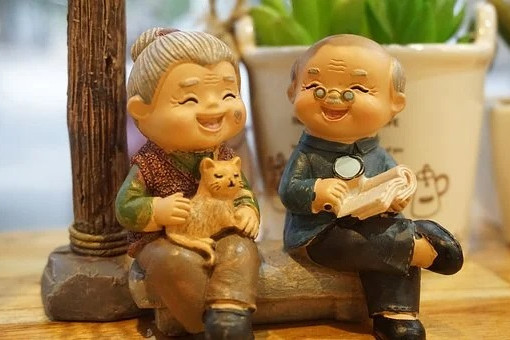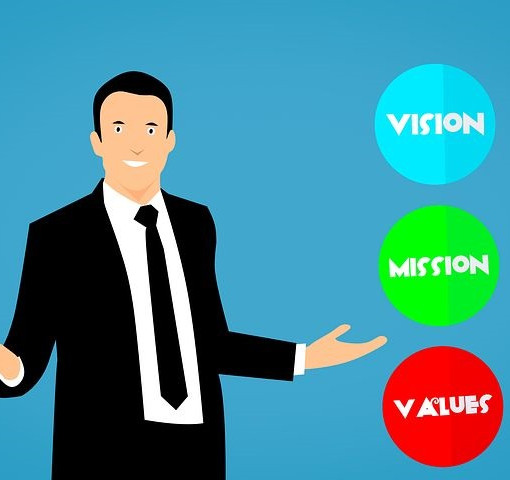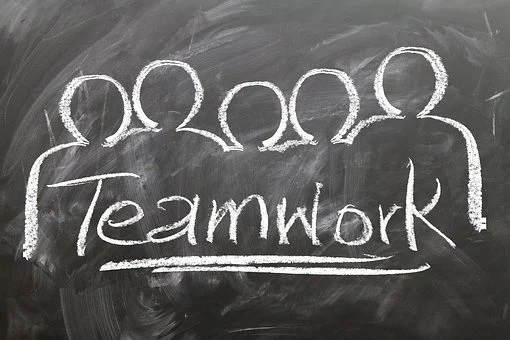Almost every business, including healthcare businesses, have some sort of employee recognition program. My experience can’ t address most businesses, but I can safely say that most healthcare organizations are not making the most of their employee recognition programs.
Savvy HR professionals will agree. The non-savvy ones won’t and will get defensive about their programs. The savvy ones realize that no matter how good their programs are, they could probably be better. In fact, they go beyond that and see recognition as an integral part of meeting the mission and goals of the organzation.
Non-savvy HR professionals? They point to the annual Holiday gift, employee of the month, and birthday card programs as evidence of their robust recognition programs. Compensation, benefits, recruitment etc. take up most of the time and attention of the HR department. Recognition is something that can be handled by the secretary in between other tasks.
Current employee recognition program
Think about the recognition programs that exist in your organization. You have some that are unique to your business but here are some that are common to most healthcare organizations even if called something different:
- Employee of the Month
- Perfect Attendance
- 1-5-10-15-20 Service Awards
- Gotcha Customer Service Recognition
- ABCD (Above and Beyond the Call of Duty)
- Holiday gifts
- Birthday Cards/Recognition
What’s missing?
These are all nice but can you notice a common element?
The recognition is given either for showing up or by someone else perceiving you as nice or helpful. It could be a manager, peer or patient/customer. The common element is that most of our recognition activities are arbitrary and under the control of others.
Seeing our formal recognition programs as only a method of showing appreciation or saying thanks limits the program from being all it could be. What would happen if recognition was earned not granted? What would happen if the employee was in control and recognition automatically resulted from actions that were directly linked to the business goals and strategies?
Don’t get me wrong, I am not advocating eliminating any program that shows appreciation or thanks the employee. We all love to be noticed by coworkers, peers, and managers. It is important to say thanks or to notice great patient care or customer service. It is fine to continue all of these and develop a culture of appreciation on all levels.
We know this is true in light of the Covid-19 pandemic. As healthcare workers are stressed by increased volumes and modified provision of care requirements, it is critical that appreciation be frequent and meaningful tothe staff.
Even for healthcare facilities that may have been closed down, it is critical to stay in touch with staff that were either working from home or furloughed. If you want to keep the workers, keep in contact and appreciate their contributions and/or flexibility.
I also get that employee recognition and appreciation are part of a positive work environment and further employee engagement.
Rather than recognition being solely dependent upon the perceptions and actions of a third party– manager, peer, customer– what if it could be earned by the employee for actions directly related to the annual goals and objectives of the organization?
However, don’t kid yourself that this type of employee recognition program is doing all that you want it to do in driving your stated mission, values and vision. In my experience as CHRO in multiple healthcare systems, the recognition programs listed above were limited in effectiveness because they were arbitrarily rewarded and not earned by the employee.
Its not that our current emphasis is wrong but is self limiting. We fail to use employee recognition to the fullest extent.
Other than recognizing length of service, our recognition activities are at the whim of others – either manager, peer, or customer. Employee of the Month is usually determined by either a committee, or coworkers submitting an employee name or an actual vote. Patient care, appreciation awards, are determined by managers, peers, or patients.
These awards are totally dependent upon the individual being moved enough by the employee’s actions to go to the trouble to see that the s/he is appropriately recognized. (Again, I use these and strongly believe that employees should be recognized when their actions are such that a patient/customer are impressed!)
The employee likes the appreciation but knows the recognition is not under his/her control. As good as the performance may be, there is no guarantee that it will be noticed.
What would happen if we added elements to our recognition program that were under the direct control of the employee? What if recognition was not just an arbitrary choice of others but earned by the employee?
Making recognition programs more effective
How about this radical thought –rather than recognition being solely dependent upon the perceptions and actions of a third party– manager, peer, customer– what if it could be earned by the employee for actions directly related to the annual goals and objectives of the organization?
Of course for this to be true, it may require a change in how HR views recognition. It would no longer be a background process run by the department secretary, but would have to considered a vital management tool and modified periodically to directly link it to the organization’s business plan and strategies.
There is a huge body of evidence going back over a century that demonstrates how critical recognition and personal growth and achievement can be to the success of the organization. Over 100 years ago, the Hawthorne Studies showed that employee participation, recognition, feeling special, etc. improved productivity and output.
Over 60 years ago, Herzberg’s research showed that employee’s were motivated and work performance was improved by factors such as recognition, growth, and achievement. There has been additional research since then that end up with the same results. Recognition matters but especially for achievement.
One of the interesting points of the Herzberg research was that the employee’s motivation and work performance improved when the organization recognized their growth and achievement. There is great value for the organization in recognizing achievement.
Imagine how powerful this could be if you recognized individual and team contributions to your critical business strategies.
Link recognition to critical business success factors
Here are 4 basic factors of business success or failure:
- Customer Service
- Quality
- Profitability
- Reputation–Public Perception
In healthcare we tend to focus on recognizing patient care (or customer service). Our jobs depend upon them. Its part of our mission statement. We build how we treat patients into our recognition programs. We also recognize how we treat each other because that directly relates to how well we treat the patient.
How often do we recognize employee actions that directly relate to quality or process improvement? Do you have a formal program for recognizing team or individual contribution to the bottom line? How cool would it be if you expanded your program to reward and reinforce behavior in all of these areas?
Each organization needs to design recognition programs that are unique to the organization and directly relate to the strategies of the business. To help you think out of the box, here are some suggestions that may inspire your creativity.
An example
Most healthcare organizations today are very concerned with quality (CQI), process improvement and cost reduction. The public is focused on the cost of healthcare, and the quality of the products provided.
One hospital used “Breakthrough Action Teams” (BAT) to initiate process improvement actions. Here is part of their recognition program:
- Golden BAT award – to the team that achieved the greatest improvement in a work process related to quality or cost reduction
- Silver BAT award – same as above but runner up
- Golden Harley – individual or team which achieved the greatest cycle time reduction
- Fixed/Made it Better – every employee who had a suggestion implemented
- Publishing Award – any employee who had an article published in a trade journal
- Level Up – anyone who completed any formal education or training that resulted in a degree or certification
- 10% Club – departments/ work groups that reduced costs by at least 10%
The employees were recognized individually and in teams for actions that impacted productivity, process improvement, quality and cost containment.
The hospital was big on team recognition. Work is generally accomplished in groups or with others. Few of us work totally alone. Team success or failure depended upon every team member so all or none were recognized.
The rewards were not based upon perception or an arbitrary management decision, but were based upon measurable data. The individuals and teams earned the reward by their performance.
How to recognize?
How do you recognize? There is a variety of ways from cash, plaques, time off, discount tickets, cards, etc. I would suggest that the recognition be commensurate with the achievement. For the Publishing Award, the employee was given a coffee cup with newsprint on it, a card, and recognition within the organization. For major achievements, major recognition and awards were given.
While there are many companies that focus on recognition and many online resources available, one of my favorites is Baudville.com. They have a good blog, and provide great ideas and products for recognizing employees.
They and other firms have already done most of the “out-of-the-box” thinking on recognition since that is their entire focus. Use the many specialized recognition resources now available on the web.
The Cliff version of everything I just said: Don’t limit your recognition program to thanking employees for being nice or for showing up. Link your recognition program to the business results you want to achieve. Think about employee actions that improve quality, productivity, bottom line, and community standing. Reward the often overlooked team successes. Make the employees who make your organization better heroes!






3 thoughts on “More Effective Employee Recognition Programs”